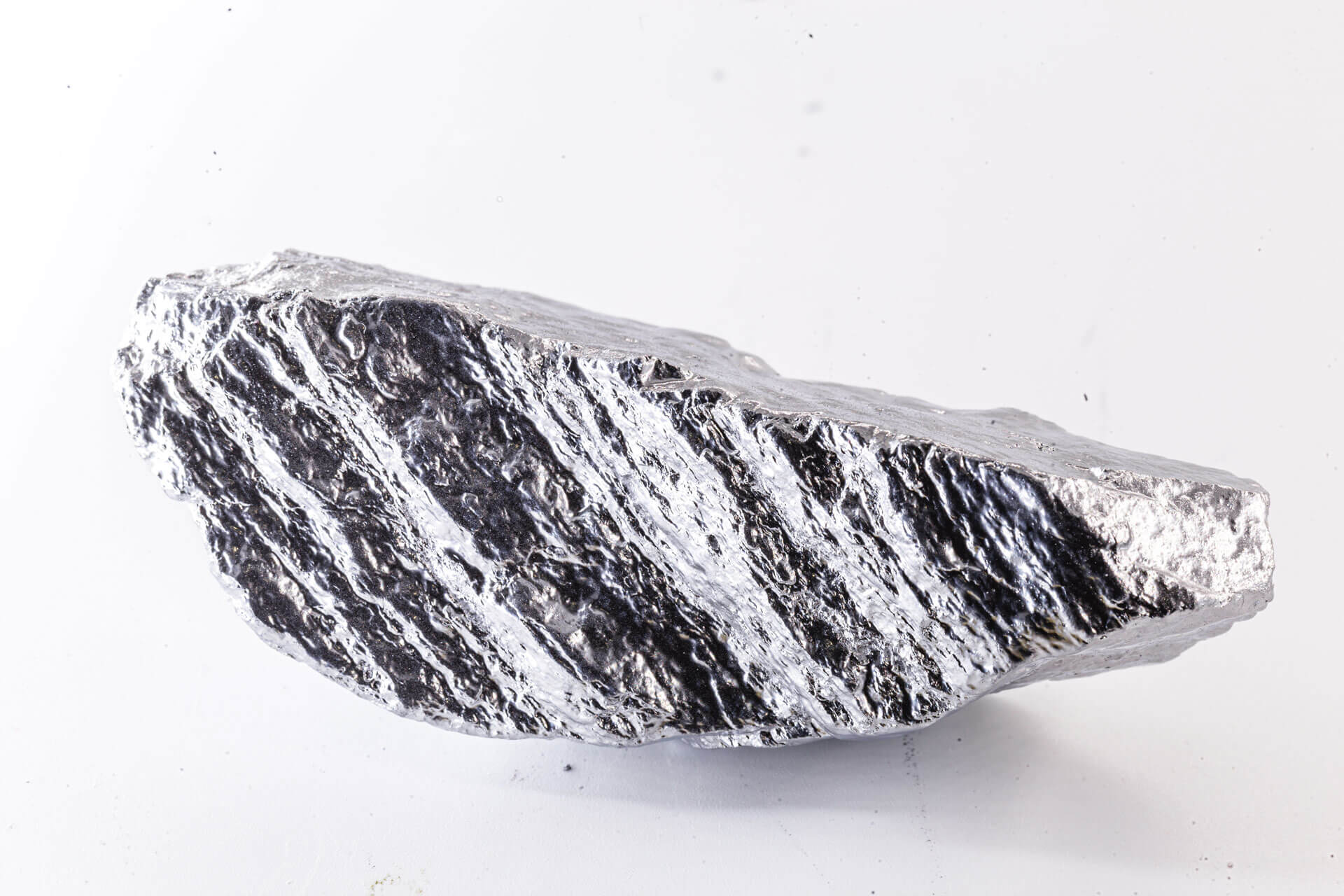The OPEC+ did not lend a helping hand to the United States as it had hoped. After a brief meeting on Thursday, OPEC+, led by Saudi Arabia, approved an increase of another 400000 barrels a day in December. Bloomberg said the decision would not be enough to sustain the economic recovery after the novel coronavirus epidemic, and the United States could demand up to twice that amount. OPEC+ rejected a call from the United States to curb the rise in oil prices.
The oil exporters say they will insist on increasing production only gradually, even if demand picks up sharply during the outbreak.
The White House said the OPEC+ 's refusal to accelerate oil production growth could endanger the global economic recovery and warned that the US was prepared to use "all necessary tools" to lower fuel prices.
OPEC+ believes that the problem of the current energy crisis is the soaring price of energy such as natural gas, which should focus on solving the natural gas problem, rather than blindly asking for an increase in oil production.
Under the current plan, OPEC+ will add 400000 barrels a month until the end of 2022, restoring oil supplies that were interrupted last year. Last year, the US persuaded Saudi Arabia and Russia to make record production cuts to prop up the oil industry hit hard by the epidemic.
OPEC+: "Oil is not the problem"
OPEC+ stressed that the current energy crisis is not a problem for oil countries.
Russian Deputy Prime Minister Alexander Novak (Alexander Novak) said at a news conference after the meeting that Russia noted a decline in fuel consumption in Europe in October, which "highlights that global oil demand is still under pressure from novel coronavirus Delta," meaning that "gradual growth is the right" strategy.
OPEC+ ministers blamed soaring natural gas and coal costs for consumer countries' energy woes, which are beyond OPEC's control.
Saudi Energy Minister Crown Prince Abdulaziz bin Salman said after Thursday's meeting that OPEC+ flatly rejected US President Joe Biden's request to speed up the pace of supply.
"the problem that needs to be solved is not oil, but the havoc that natural gas is going through."
The crown prince said that if people really want to focus on the real cause of the energy crisis, they should focus on natural gas supplies to Europe and Asia, as well as related infrastructure.
Oil prices in London have risen 25% since august, even though they are dwarfed by the 80% rise in European gas futures over the same period.
America: "this is not over."
A spokesman for Mr Biden's National Security Council said: "OPEC+ seems reluctant to use its existing capabilities at a critical moment in the global economic recovery." "We believe that the global recovery should not be affected by the imbalance between supply and demand." Us gasoline prices have risen 60 per cent in the past 12 months.
Bob McNally, head of the Rapidan Energy Group and a former adviser to the Bush administration, said OPEC+ 's decision could prompt consumers to respond.
"given OPEC+ 's outright rebuff and President Biden's clear threat to respond, the possibility that the US, rather than the IEA, will release strategic stockpiles, as well as other retaliatory options, is rising rapidly."
The global economy has been hit by high energy prices, and Biden's domestic political agenda will also be affected.
Biden's approval rating is falling as inflation rises. The showdown also worsened the increasingly fragile relationship between the United States and its most powerful Middle East ally, Saudi Arabia.




